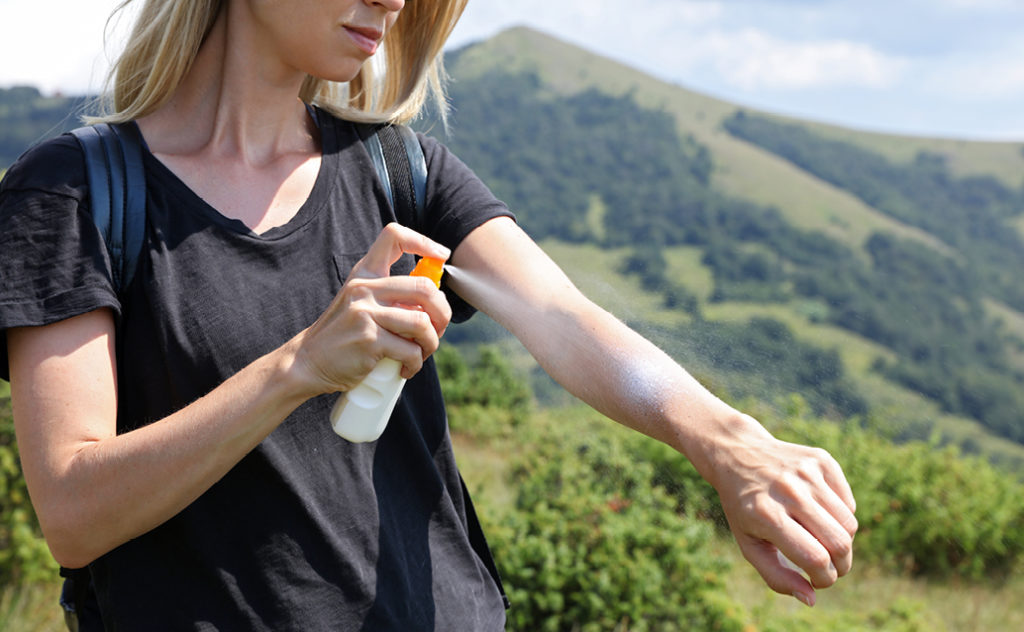
Summer is upon us and many are already flocking to parks, beaches, campgrounds and streams. Clothing gets thinner and many bask in the glow of the sun. Being outdoors and getting some fresh air is indisputably good for you, but there are dangers to getting too much sun. Be mindful of the below during the summer:
Sunburn
The sun’s rays are important for us biologically. Our bodies use sunlight to make vitamin D. But the sun also can cause damage not only to the surface of the body, but the very fabric of our DNA. Exposure to the eyes can also cause vision loss, temporary and permanent.
Most protect their eyes from the sun’s ultraviolet rays, but few adequately protect their skin. Even when applied correctly, sunscreen needs to be reapplied every 2 hours and more frequently if heavily sweating or when swimming. Among those who do apply sunscreen, care must be taken to protect the face. There are a variety of sun protection factor (SPF) moisturizers that you can use in a daily routine to get some protection, but when face to face with Earth’s star, ensure you apply more. SPF determines the factor of time it takes for you (as an induvial) to get sunburned – if you normally would burn in 10 minutes, an SPF of 15 would give you 150 minutes of protection if the application is maintained (not washed away or diluted).
Heatstroke
Another danger associated with the sun is heatstroke, which is when your core body temperature rises to 104*F. During heatstroke, your body is unable to maintain regulation and vital organs can begin to swell or be injured. Any activity can raise your body temperature but performing them out in the sun without adequate measures can increase it drastically, putting you at more risk. Even the act of lying on the sand and tanning can raise your body temperature too high if you are not careful. Loose fitting clothing and hydration are the main combatants to heatstroke. Not drinking enough water can not only increase the risk of becoming sick but can decrease the time and exposure needed to cause organ damage.
Know yourself and be cautious while enjoying the great outdoors. Take it in small doses and adapt your body to the new heat. Drink plenty of fluids, wear sunscreen and above all, stay safe this summer!
Use the summer to start a fully online program from American College of Education. Learn on your own time anywhere you have an internet connection.

